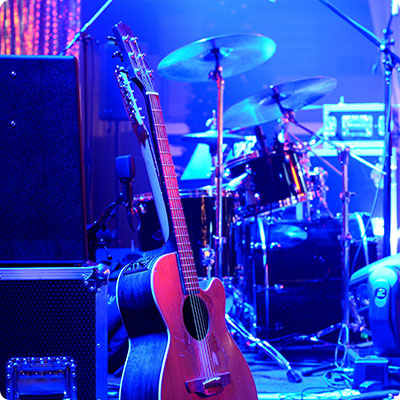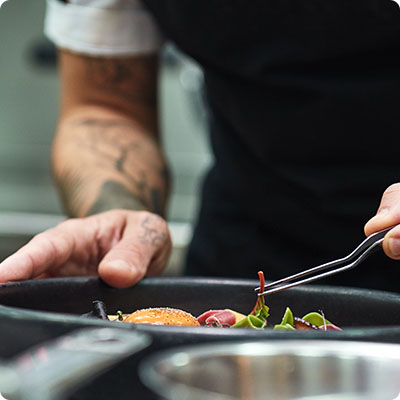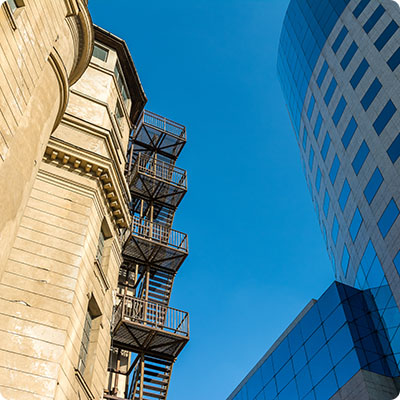From Macau to Hong Kong
José Baptista de Miranda e Lima (1782-1848) is a symbol, if not a tutelary figure. The man who never left his native land and taught at the Collège Saint-Joseph wrote his poems in Portuguese and, more surprisingly, in Patuá, the local Creole. In this way, he mixed languages just as his origins had been mixed, his mother being Macanese and his father Portuguese. His successor, Camillo de Almeida Pessanha, born in Coimbra in 1867 but whose body has rested in the San Miguel Arcanjo cemetery since 1926, also contributed to the dialogue between the different communities by translating Chinese elegies into Portuguese. He was also one of the leading exponents of Portuguese symbolism, as can be seen in his collection Clepsydre (published by La Différence). It is said that Pessanha influenced Pessoa, whom he met on one of his brief returns to Portugal, and more certainly Luiz Gonzaga Gomes (1907-1976), who was his pupil in Macao and became a translator from Portuguese into Cantonese. Deolinda de Conceição, daughter of a Macao-based trader from Medellín, was concerned with the condition of women in her short stories, which first appeared in newspapers before being collected in a book, Cheong-Sam - a Cabaia. José dos Santos Ferreira (1919-1993), known as Adé, the child of a mixed couple, was the last to write in Patuá, notably in plays. Finally, Henrique de Senna Fernandes (1923-2010), a descendant of one of Macau's oldest and most illustrious families of Portuguese origin, also navigated between cultures, and in Nam Van - Contos de Macau he delivers a vivid portrait of the city that saw him born and die. Between them, they seem to demonstrate that, on this side of the Pearl River delta, literature was fertilized by the ties forged during Portuguese colonization.
On the other side of the river, on the other hand, the first writers came from China, in all its vast diversity. Some intellectuals found refuge in Hong Kong during the wars that shook the country, and soon the whole world. These influences from the outside are a guarantee of openness. This effervescence encouraged the emergence of a press that relayed Western trends and offered its columns to local writers. As for teaching, it was nourished by the arrival of professors who dared to open up new avenues of literary research. The younger generations were stimulated to question previously well-established conventions.
Convergence and effervescence
Among the personalities who converged on Hong Kong in the first decades of the 20th century and made it an intellectual hotbed, Liao Entao was the patriarch, already over 80 when he settled there in the middle of the century. Despite his age, this diplomat brought with him a breath of fresh air, as he had traveled extensively, and this was evident in his rather humorous poetry, which decidedly broke with classical codes. He did not have the opportunity to meet Xu Dishan (1893-1941), his younger brother by thirty years, who also spent his last years in Hong Kong before succumbing prematurely to a heart attack. A university professor, Buddhist, Sanskrit specialist, supporter of the Latin alphabet and involved in several publications, Xu Dishan's work was qualitative, sometimes historical, sometimes romantic, and mostly composed of short texts, although two of his novels were made into films: Il pleut dans la montagne and Chun Tao.
Liu Yichang was born in Shanghai in the early 20th century, in 1918. Thirty years later, he moved to what was then British Hong Kong, planning to set up the publishing house he had just founded. However, the market proved less welcoming than expected, and he began working as a journalist, without giving up on his project, which he eventually brought to fruition after a few trips back and forth. In addition to his publishing career, he is also the author of L'Alcoolique, an ambitious work that draws on the stream-of-consciousness tradition. A world away from the popular literature he despaired of seeing gangrenous in his adopted city, his novel was nonetheless a great success and made him the leader of modernism in Hong Kong. Until his death in 2018, a few weeks shy of his hundredth birthday, he published some thirty titles, which only enhanced his reputation and won him numerous official awards.
In the early '50s, Ma Lang set up a daring magazine and made a name for himself with his poetry collections. Around the same time, two children arrived with their respective families. The first, Xi Xi, was born in Shanghai in 1937, and soon began publishing her poems in newspapers. She continued to write in all genres, from novels to short stories, from essays to chronicles, in an abundance that rhymed with the desire not to let a world that was already disappearing sink into oblivion. Nostalgia permeates one of her texts, now studied at school, a fine achievement for this former teacher. Her second child, Leug Ping-kwan, was only a few months old when she arrived, so it was here that he would grow up and return after his studies in the United States. An important figure in local literary life, he was an eclectic and enthusiastic academic, winner of the Hong Kong Medal of Honor, and one of the few writers translated into our language(Îles et continents, et autres nouvelles, Gallimard, 2001).
Modern literature
Unlike her predecessors, Xiaosi (Lu Wei-Iuan) was born in Hong Kong in 1939. She too traveled, notably to Japan, where she took on the role of literary researcher. In addition to this important academic role, she published some twenty works in which she enjoyed elaborating animal metaphors. As most of the new generation of writers were also born in Hong Kong, it's no exaggeration to speak of a genuine Hong Kong literature. Wong Bik-wan, for example, has regularly been praised for her realistic, not to say subversive, writings, while Dung Kai-cheung, another key figure, has sometimes been a visionary. Albert Tam and Dorothy Tse excel in the fantasy genre, and their youngest daughter, Hon Lai-chu, born in 1978, is often compared to Franz Kafka! Some are beginning to turn away from their mother tongue and write in English, using the Internet as an alternative to other distribution channels. Access to texts in French translation, however, remains tricky.






